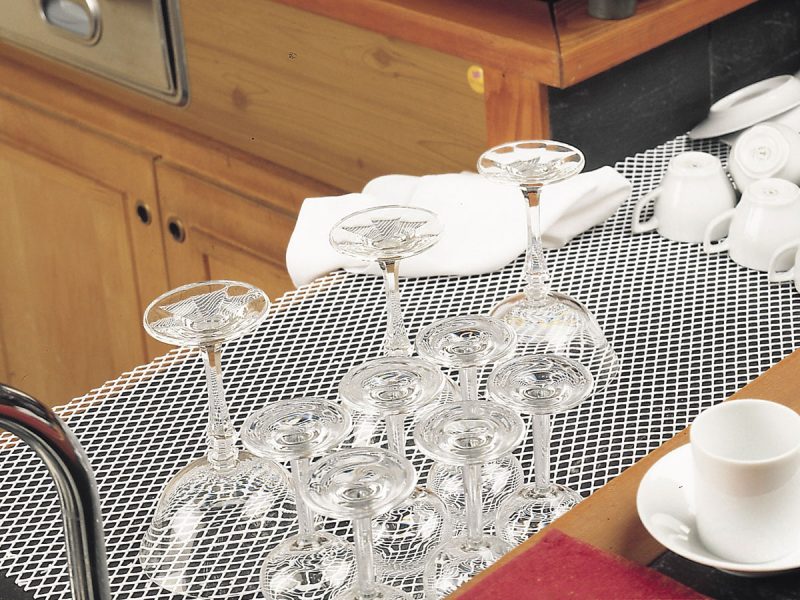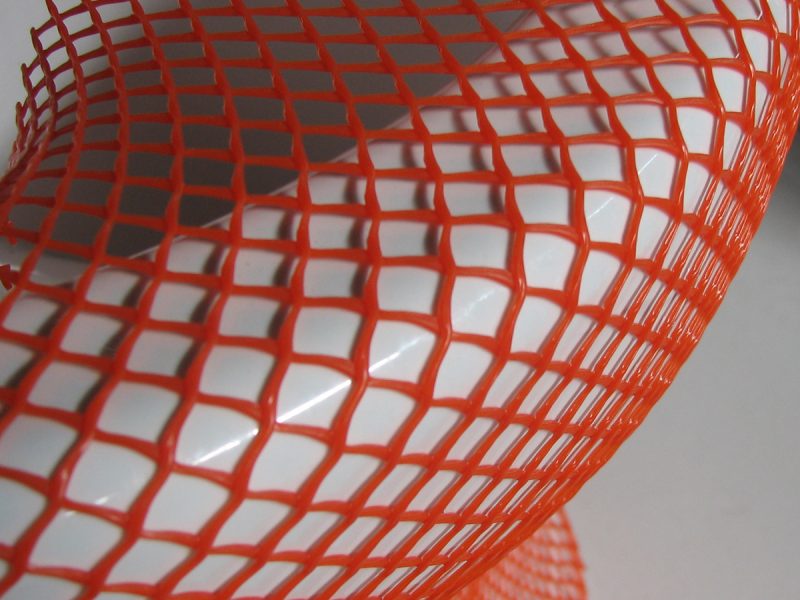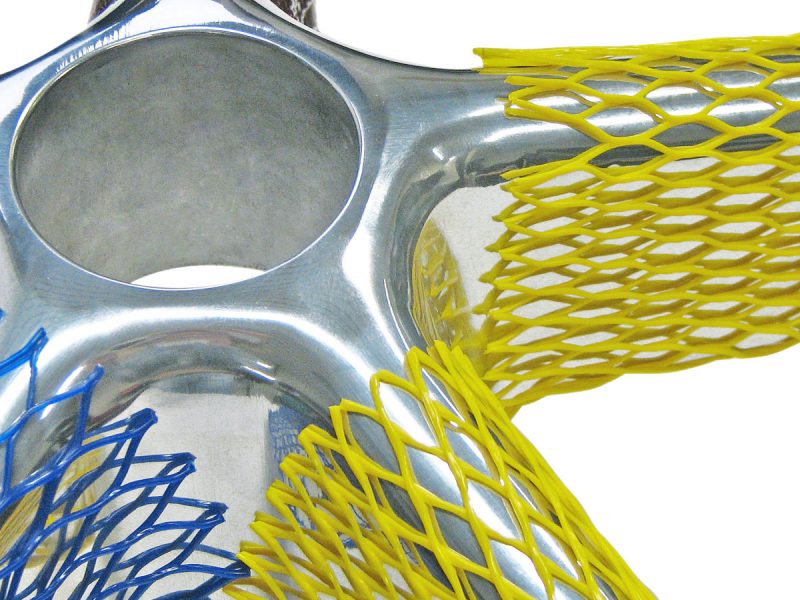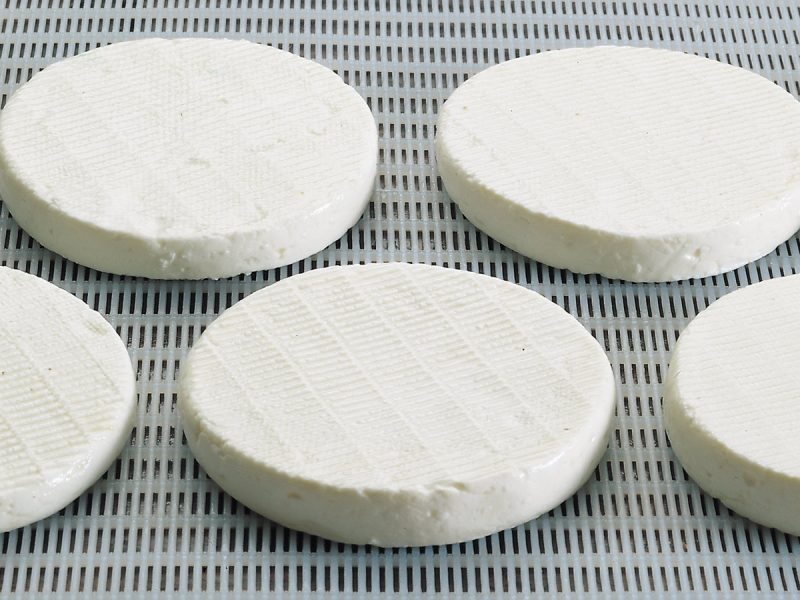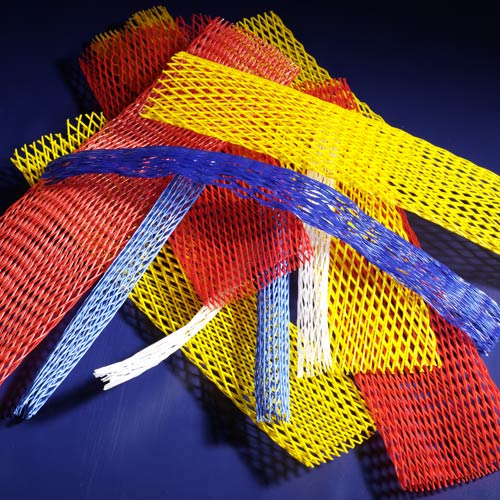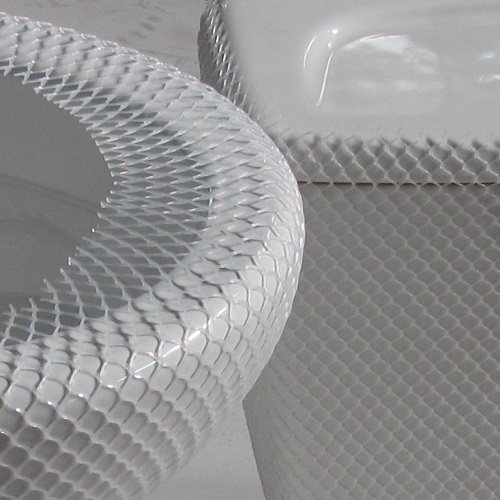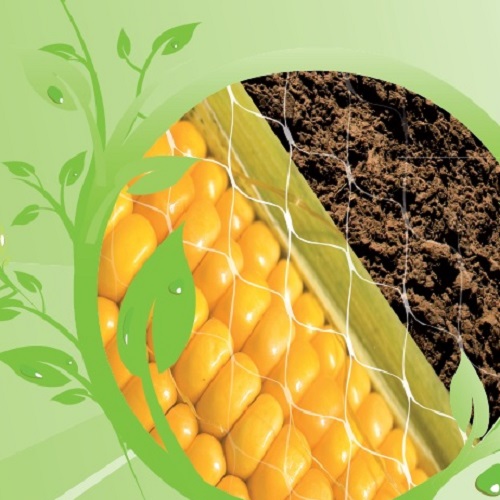Home & Forniture
Applications
TENAX relizes for forniture and design industries tubolar LDPE sleeves to protect table and chair legs during transportation. Light weight netting are often used as reinforcement of clothes, carpets or curtains.

TENAX offers a wide range of flat nets suitable for direct food contact, certified according to European and American standards. They can be used as drainer in dairy industry as well as separator layer inside many domestic appliances.
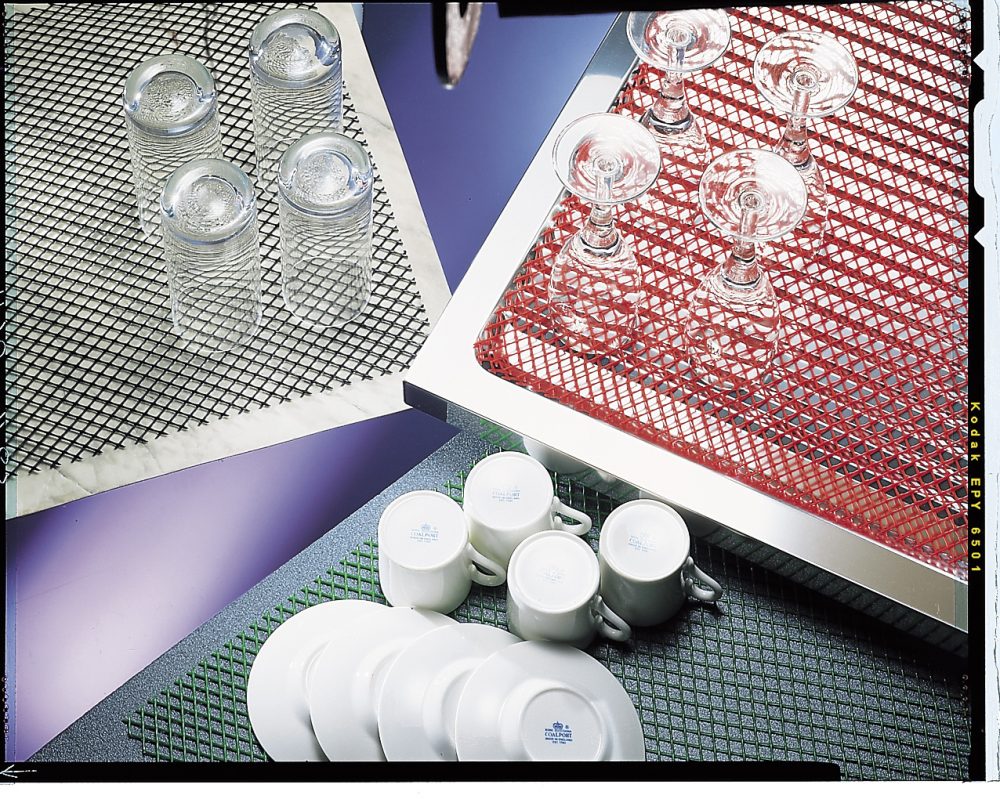
Raw materials
cPP – copolymer polypropylene
- Specific weight: 0.895-0.9 g/cm3 (54.62-56.19 lb/ft3)
- Melting temperature: 135-168°C (275-334.4°F)
- Tensile strength: 25-30 MPa
- Young’s modulus: 1000 Pa
- Yield elongation: 5-10%
- Break elongation: >500%
- Working temperature: -20°C – 70°C (68°F – 158°F)
- Max working temperature (short period): +80°C (176°F)
Slightly softer and more resistant to high temperature than the homopolymer but with similar mechanical features. Suitable for direct food contact.
HDPE – High-density polyethylene
- Specific weight: 0.94-0.96 g/cm3 (58.68-59.93 lb/ft3)
- Melting temperature: 126-135°C (258.8-275°F)
- Tensile strength: 25-35 MPa
- Young’s modulus: 800-1400 Pa
- Yield elongation: 10-12%
- Break elongation: >800%
- Working temperature: -40°C – +70°C (-40°F – 158°F)
- Max working temperature (short period): 75°C (167°F)
Outperforming chemical and good mechanical resistance. Within the polyethylene family it is the one which can stand at best high and low temperatures. It’s used for both extruded and stretched grids.
LDPE – Low-density polyethylene
- Specific weight: 0.915-0.920 g/cm3 (57.12-57.43 lb/ft3)
- Melting temperature: 105-118°C (221-244.4°F)
- Tensile strength: 10-25 MPa
- Young’s modulus: 150-300 Pa
- Yield elongation: –
- Break elongation: 550-600%
- Working temperature: -70°C – +40°C (-94°F – 104°F)
- Max working temperature (short period): 50°C (122°F)
Very soft material. It is mostly used for elastic sleeves for protecting goods. Can stand really low temperature.
EVA – Ethylene-vinyl acetate
- Specific weight: 0.93 g/cm3 (58.06 lb/ft3)
- Melting temperature: 96°C (204.8°F)
- Tensile strength: 25-30 MPa
- Break elongation: 550-900%
Similar to gum. It’s very flexible and extremely elastic. It shows outperforming insulating qualities and great resistance to low temperature. It’s hypoallergenic and not toxic.
